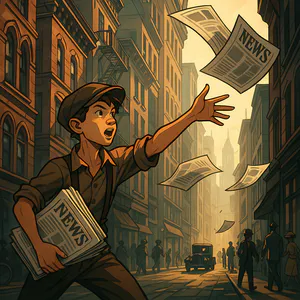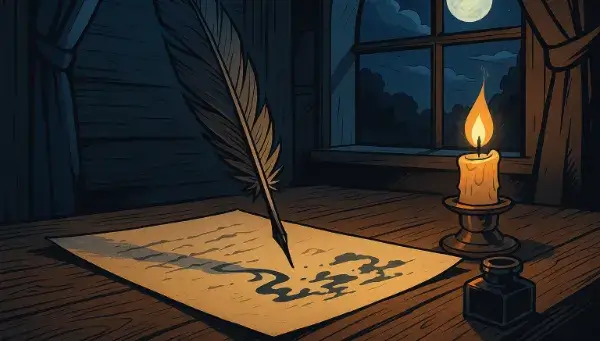Generate newspaper names
More Various Name Generators- <% result.name %>
Discover all Story Shack apps
Headlining Your Newspaper
To choose a newspaper name, consider:
- Do you want “Daily,” “Chronicle,” or “Gazette”?
- Should it hint at region or mission?
- Will it stand out in print or web?
- Does it convey trust and authority?
- How many words fit your masthead?
Newspaper Name FAQs
Key questions answered:
How does the Newspaper Name Generator work?
It merges journalistic prefixes with geographic or thematic terms.
Can I specify format?
Regenerate until “Chronicle,” “Tribune,” etc., appears; no direct filter.
Are names realistic?
They follow real-world newspaper conventions.
How many names?
Unlimited—click to fill your press racks.
How do I copy or save?
Click to copy or heart to save favorites.
What are good newspaper names?
There's thousands of random newspaper names in this generator. Here are some samples to start:
- Weekly Diem
- Morning Enquirer
- Evening Epoch
- Evening Citizen
- Daily Journal
- Evening Patron
- Daily News
- Weekly Chronicle
- Day Break Time
- Morning Unity
About the creator
All idea generators and writing tools on The Story Shack are carefully crafted by storyteller and developer Martin Hooijmans. During the day I work on tech solutions. In my free hours I love diving into stories, be it reading, writing, gaming, roleplaying, you name it, I probably enjoy it. The Story Shack is my way of giving back to the global storytelling community. It's a huge creative outlet where I love bringing my ideas to life. Thanks for coming by, and if you enjoyed this tool, make sure you check out a few more!








































































